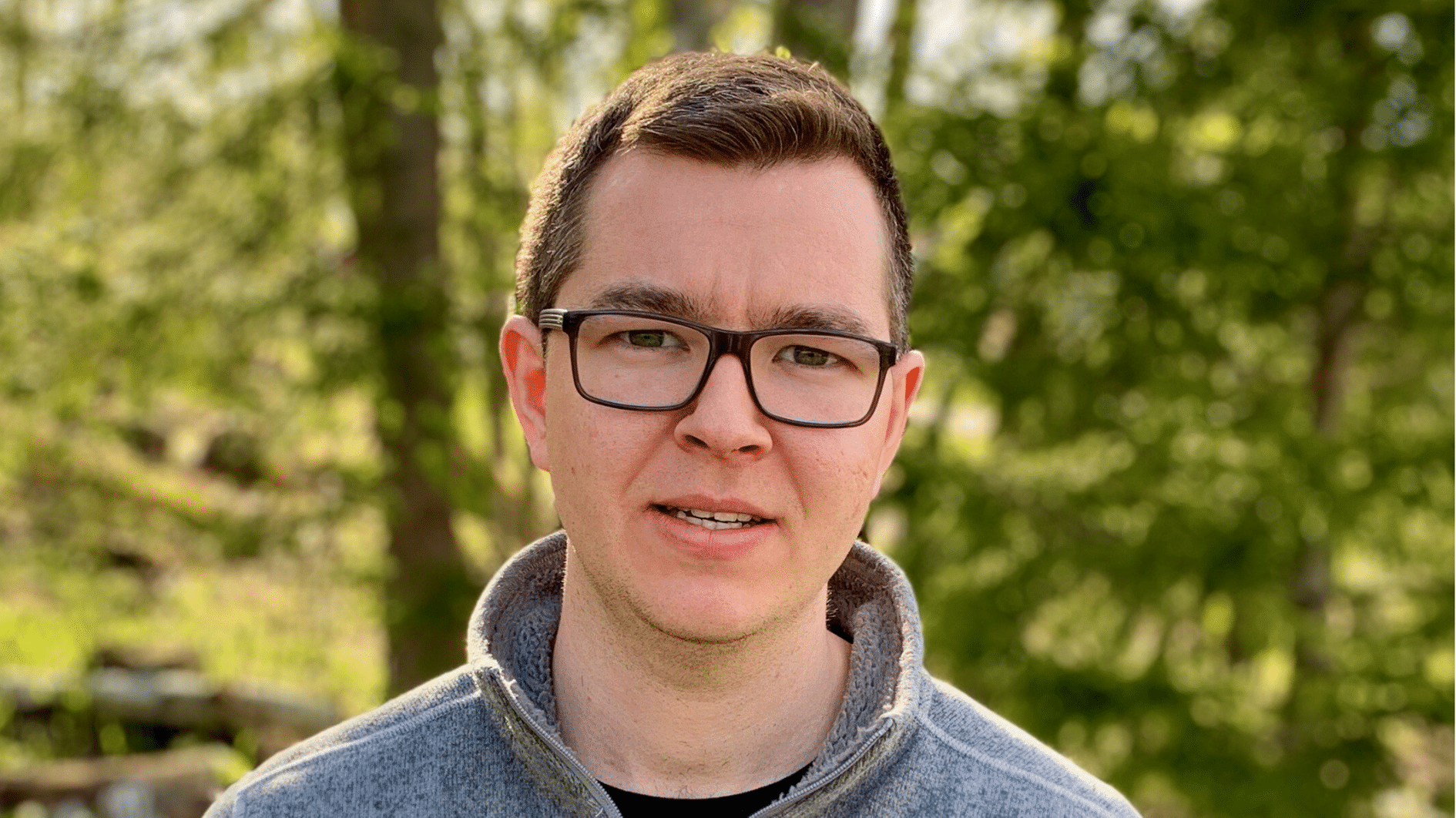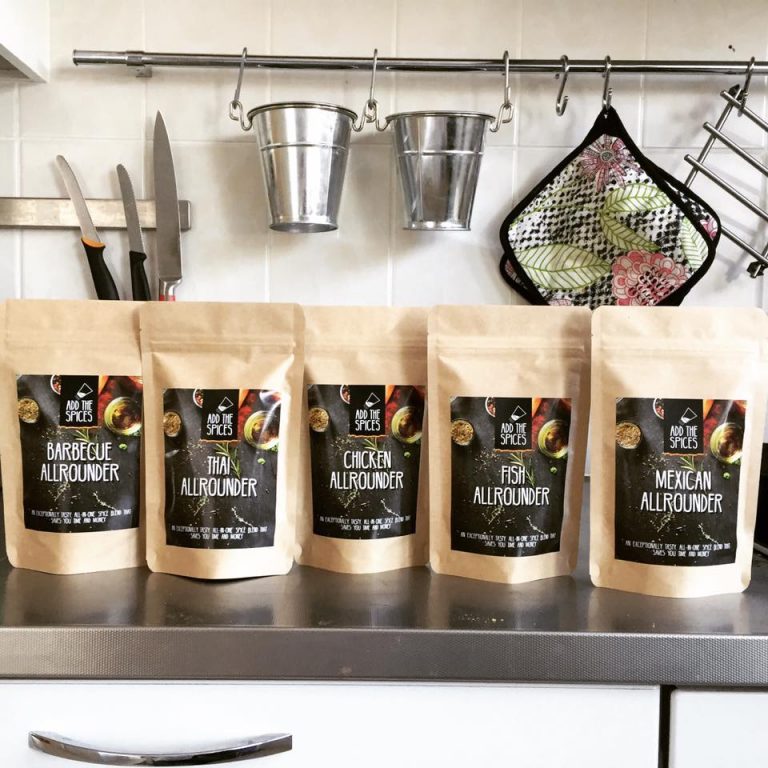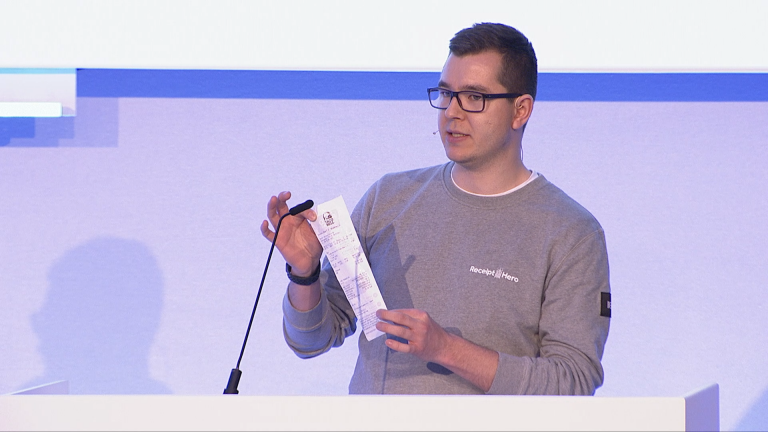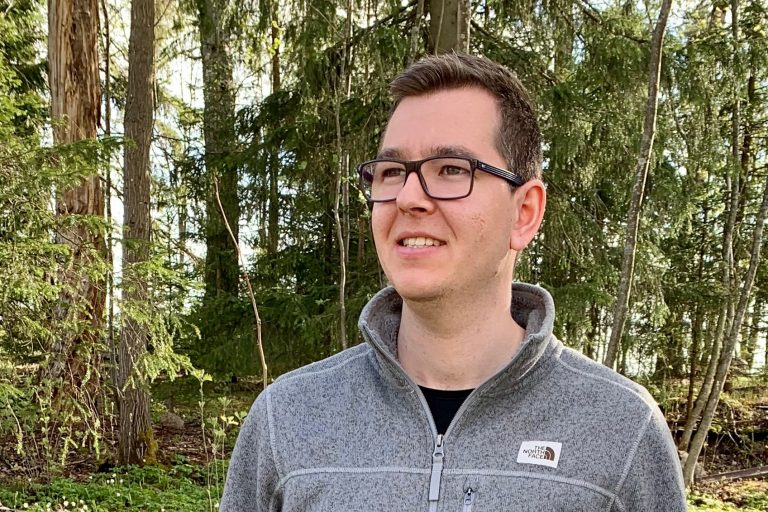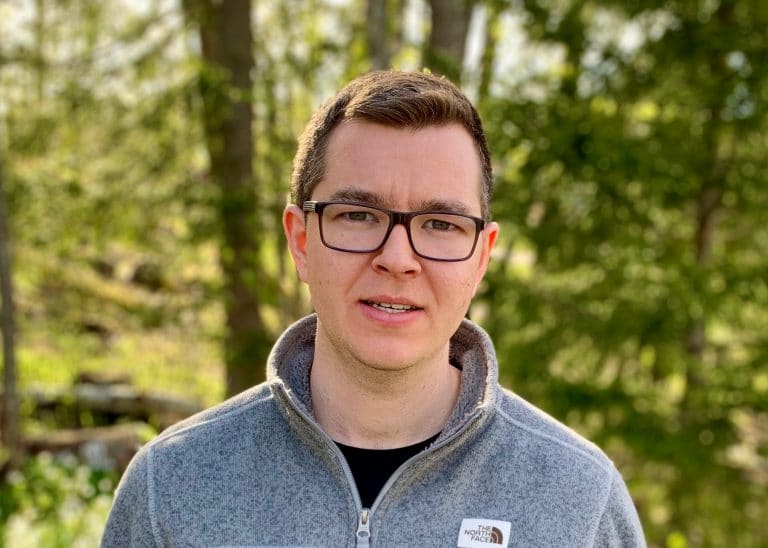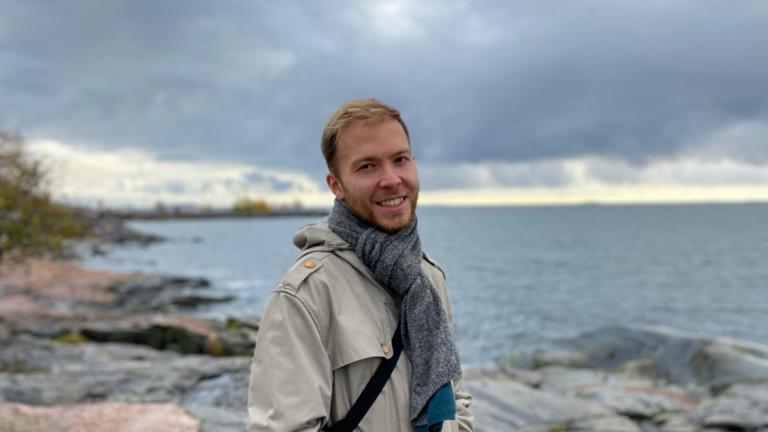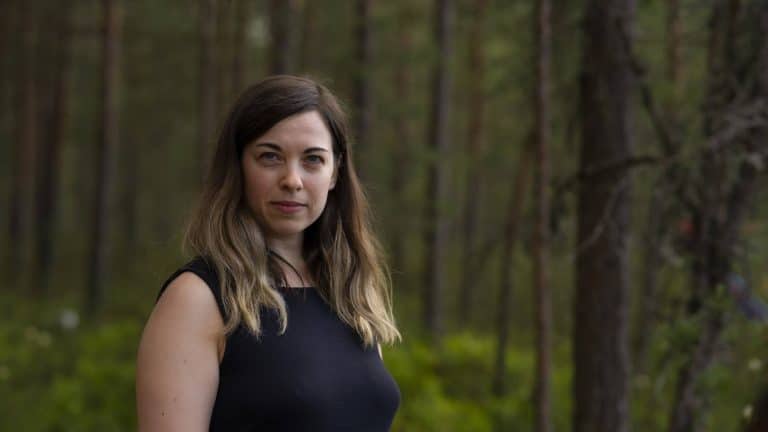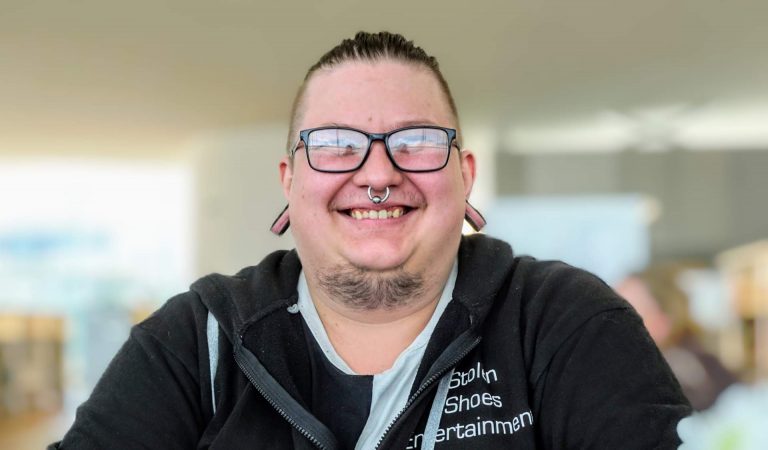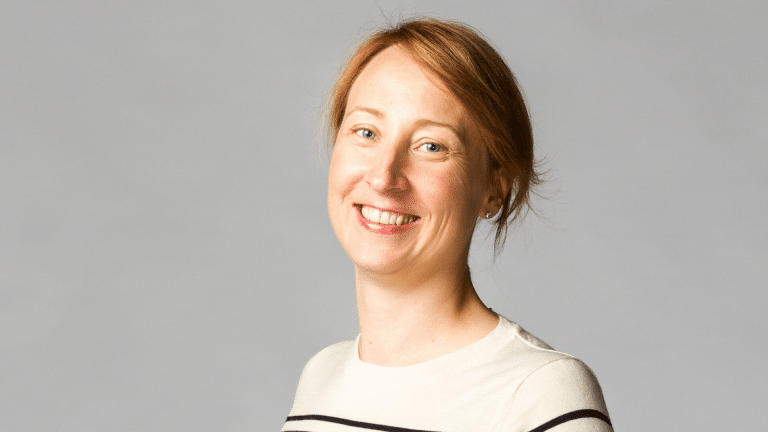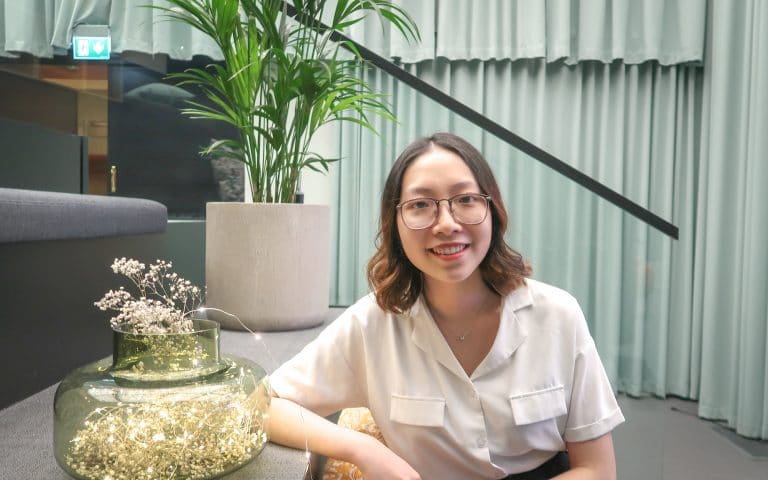There’s something quite addictive about being part of an early-stage startup. You just can’t beat it
I was born in a northern town in England but would say I spent most of my upbringing in the south. My dad, a financial advisor at the time, was requested to relocate and so a place called Somerset became home from 7 to 17 years. I attended University in Portsmouth, studying International Business. I guess this was my first taste of understanding how a business operates. Unfortunately back then ‘startups’ weren’t a thing like they are now and I was lectured by professors who hadn’t run their own businesses before. I’ve always struggled to learn from people who’ve not got 1st hand experience to the topic they’re discussing.
My upbringing was fairly typical, my parents made sure I studied hard and wanted me and my brothers to get good-paying jobs when we left home. My parents did, however, divorce early in my life and I think that has played a part in my resilience as an entrepreneur. I’ve always wanted to be self-sufficient and live within my means. Asking for any financial aid has always felt like a failure, more so in business.
Luckily I managed to quickly get into a job after moving to Finland
I moved to Finland seven years ago because my fiance is Finnish. We met in the UK and after a year or so she was feeling homesick and wanted to head back home. I had previously lived abroad and got a taste for the Scandi/Nordic lifestyle. I had lived in Sweden during a six month exchange semester and so I visited Finland a few times. At the time of leaving I had just finished up my bachelor degree and hadn’t committed to a graduate job yet.
Luckily I managed to quickly get into a job, first at Arctic Startup as an intern. Arctic Startup back then was seen as the TechCrunch of Finland and so I had front row seats to how the startup scene was evolving.
In my early 20s, I’ve convinced myself that ‘settling down’ felt like game over, locked to a specific apartment and also having children felt scary. I have definitely grown wiser and really appreciate the security of owning a home. My kids are growing so quickly, sometimes I need to pause to make sure I don’t miss how incredible it is to see them developing. We now have two beautiful boys aged 1 and 3. Last year we moved into our new house in Espoo. Oh, how life comes at you fast!
I felt like I was doing a lot of the work but with very little upside, so it only felt right I’d create my own thing on the side and try to grow that into something
I’ve been part of VC backed startups most of my career but always with little or no company equity. Working in a startup and getting in early is always a rollercoaster. There are zero processes, everything is uncertain but there is an incredible feeling of building something from the ground up with a small team of founders. The product can take many different forms and it’s up to you and the teammates to craft it into something sustainable and value-generating.
I’ve done a brief stint in a large Finnish bank and it was everything you would expect from a slow-moving big organisation. The biggest frustration is that decisions cannot be actioned as quickly as you’d want them to be. In an early-stage startup, you are the judge, jury and executioner. You can dictate the decision-making process and the speed you enact those decisions. I am a firm believer in speed to market, it’s one of the best assets for startups.
I used the spare time to explore product niches that could be tapped into
I realized that whilst I enjoy being an employee of a growing startup, I also want to have my own side business of which I could call my own. So During a testing time at a startup in 2015, I started to build out my first side business. I’ve never been particularly sporty or had many hobbies and so I quickly used the spare time to play around with business concepts and explore product niches that could be tapped into.
Working on this became my vice and a good way for me to forget about the stresses of the working day. I decided that I wanted to create a range of versatile spice mixes focused on busy families. Five different themed mixes could be used with a variety of different meats or vegetables. I knew that this food segment would be less complex than exploring fresh produce and as a spice has a long shelf life, I had time to figure out how to position the products.
Within the space of a few months, I had built a brand around the spice blends, figured out the packaging, and secured the first delivery of raw spice stock. Using digital advertising skills I had learned in the current and previous startups, I was soon sending out orders to customers across the Nordics. I did everything that didn’t scale, at one point I was taking in orders from a spice supplier to my apartment… 25kg sacks of loose spice mix landing at my door from a shipping company and using my kitchen as an assembly line. I must credit Tiina, my fantastic partner who supported me by helping with packaging & shipping the orders.
When you have a side business people tend to think you’re putting in half the effort. That’s simply not true
As well as selling direct to consumers, I had sales agreements with a small grocery chain in Helsinki and then it quickly became an established entity. Fast forward 3 years and the side business had become bigger than I expected and it was time for me to decide what was next. I had learned all aspects of the business and in an industry that wasn’t exactly your traditional ‘tech startup’ environment. My conclusion was to wind down the company and move on to the next experiment.
Go forward together
My key takeaway from starting and growing that first business was that it was incredibly hard to do alone. There were times where sparring with a business partner would have helped to make quicker decisions or just simply sharing the workload. Since then I’ve built two other businesses with people I admire and who bring complementary skills to the table. Fly-by Guys, a drone consultancy, ran by my fantastic business partner, Stephen. He’s got a wealth of knowledge in the drone space and has become an industry leader in different drone applications.
With Respawn Ventures, I partnered up with Lauri, having worked together in a previous startup and kept weekly dialogue about how we could possibly work together in the future. He’s a well regarded CTO and is respected within the Finnish developer community. Without the right partners, businesses can wilt away quickly. Going forward together is so much more fun than doing it all alone.
Tips on efficient teamwork
In order to go far together, there are three key aspects entrepreneurs could focus on to maintain a sustainable partnership. First and foremost, good communication, having regular meetings with the team to get on the same page and understand what’s needed. These don’t need to be face to face, a regular call is just as good.
Secondly, be honest, nothing is worse than holding in your true feelings. This could be disastrous for the company when your feelings come out at a later stage.
Last but not least, don’t forget to have fun. If you’re not having fun then you’re not living. Building a company is not always straightforward, there will be twists in the roads, but learn to appreciate the highs and the lows. Be resilient when things do not go right but celebrate when they do. No win is too small to be recognized.
One of the most important factors to consider when forming your business idea
Finding a clear proof of concept or use case is key to getting up and running. When I founded Fly-by Guys with Stephen, we formed the company due to a request to get aerial photographs of a customer’s cottage that they were putting on the market. At the time this felt like a strong use case but we quickly realized it was a loss-making service. People were not willing to spend that much money on drone videos of their houses for this to become a viable business. So we quickly iterated into other vertices, testing thermal imagery for fire damage on buildings & using AI to assess traffic behaviour.
Fast forward a year or so and we’re now working with Helsinki City on mapping public parks to help improve maintenance procedures and operations. Also working with network operators to assess their cell towers for rust or damage. We realized the opportunities in industrial applications for outway any other segment and so we decided to focus there.
Multiple bets
I think the main narrative within the startup scene is that entrepreneurs need to focus on a single business. Doing multiple things simultaneously is ridiculous, distracting, and likely to result in failure. From my experience, this has been a great way to limit the scope and also de-risk opportunities. Not all businesses need to reach $100 million valuations or attract venture capital and I’m totally fine with that. Building something slowly and with the right people can be incredibly fulfilling. I continue to work with VC backed startups and I’m not against high growth companies. What we’re building with the team at ReceiptHero can only be done with significant venture capital and deep daily focus. I’m absolutely committed to helping the team grow that into a $100 million dollar rocket ship!
Skip the build phase and buy
It might sound strange but acquiring is the easiest path to entrepreneurship. If you don’t have an idea? You don’t have to. Buy one.
This is the foundation for Respawn Ventures, a micro SaaS PE company I set up with Lauri early in 2019. Buying a business doesn’t mean you have to fork out a big pile of cash or empty out a savings account to buy a company. You can use profits to pay down debt and float until you can pay yourself and/or pay off your debt. This is typically called ‘seller side financing’ (the seller receives the full buyout amount over an agreed period, instead of all upfront). This model works because you can buy a business 2-10x larger than you would have been able to just paying cash. Acquiring a business that already has paying customers saves you the time and energy you would have spent trying to figure out if there was a demand for it in the first place. Acquiring skips that step altogether. Don’t waste time building something no one wants to pay for.
Resilience and lots of it
If you want to become an entrepreneur, let alone a portfolio entrepreneur then you’ll need to sacrifice free time. Without sounding too much like Gary Vaynerchuk, your weekends or evenings are your avenues in. You can continue working at your day job during the week but switch gears to starting something in any available time. I wrote a more detailed article on how you can make it work as a portfolio entrepreneur and would be happy to provide any further insight to budding entrepreneurs that are just getting started.

